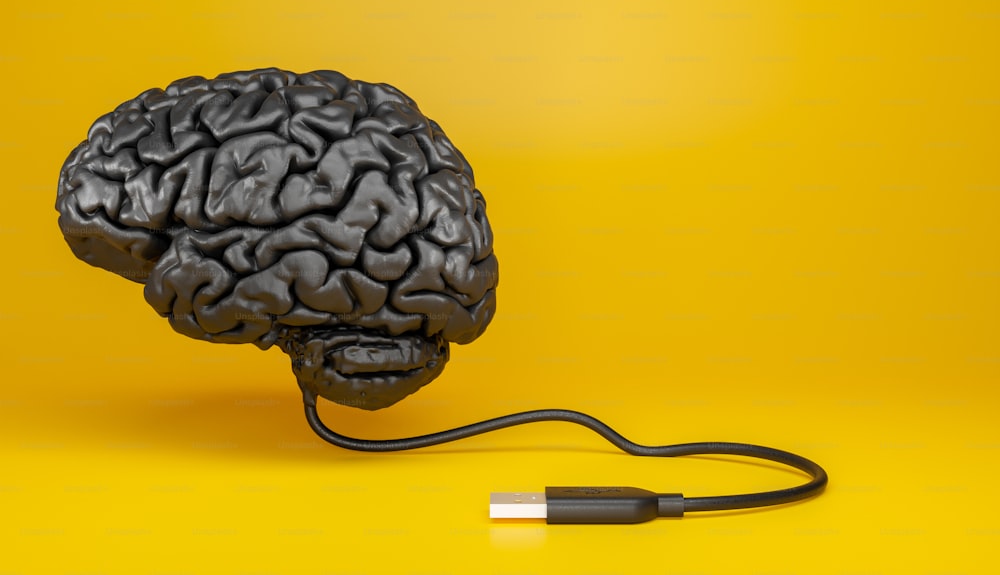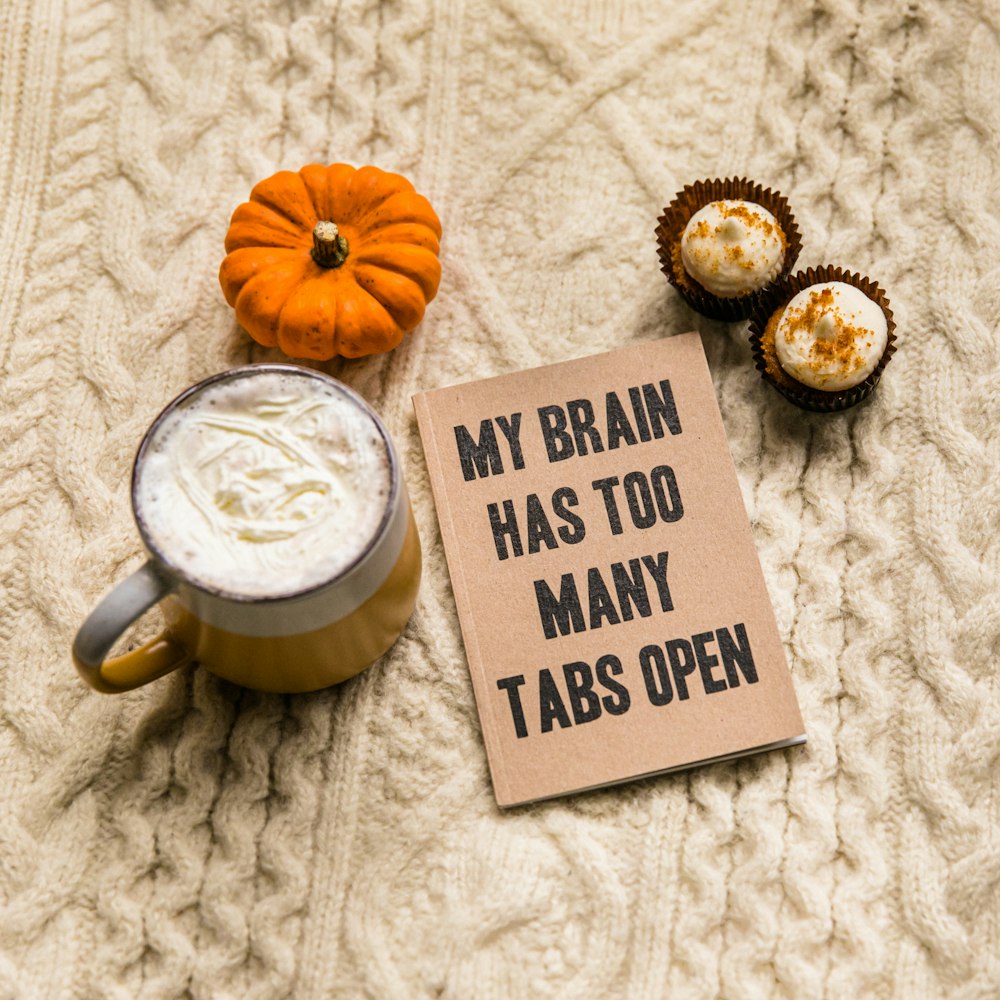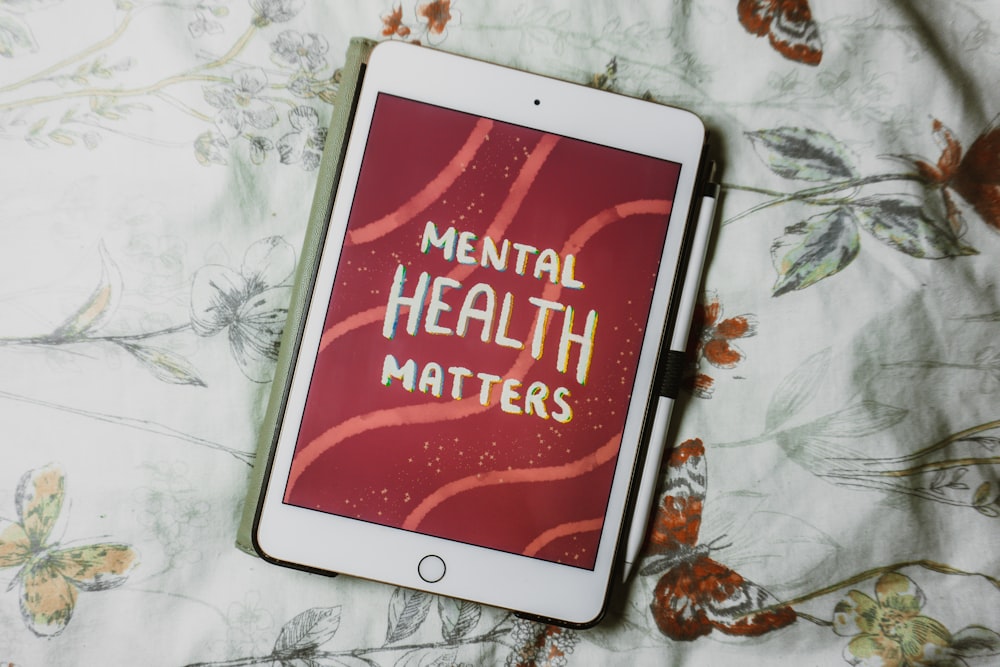Keep Your Brain Healthy With These Tips
Your brain needs exercise to stay in excellent shape, just like your muscles do. The greatest ways to keep your brain healthy is to include eating a balanced diet, exercising regularly, and getting enough sleep.
In addition, there are a few methods for boosting your mental capacity. Learning something new, exercising your memory, and reading are all excellent methods to push your brain to the maximum, even though results on enhancing real cognitive performance (using metrics like IQ and particular brain exams) are inconsistent.
Keep your brain active
Image via Unsplash.com
When you practice anything new, your brain creates new neural connections. These recently established neural connections are strengthened by repeatedly performing the same action. Your brain functions better the more you use it.
Practice your new instrument every day if you’re learning it. Regularly practice communicating with others in order to learn a new language.
To train your brain and create habits, begin with tiny actions and repeat them often.
Meditation to keep brain healthy
According to studies, doing mindfulness meditation for at least 25 minutes each day can enhance cognitive function and promote brain function.
Put yourself in a relaxed position, take a few deep breaths, and pay attention to your breathing to practice mindfulness meditation. When you become aware that your thoughts have strayed, bring them back to your breathing.
Memory based activities
Image via Unsplash.com
It is simple to avoid using our memory when there is so much information available with just a fast search. Though storing information in our brains is no longer as necessary as it previously was, practicing memory can still benefit brain health. One of the finest techniques to activate your memory is repetition.
To train your memory, memorize a handful of the phone numbers of your closest friends.
Have a different perspective to keep your brain healthy
Thinking about the bizarre driver who cut you off this morning might suffice. It’s simple to assume that they are simply driving carelessly, but it’s also possible that they were unaware of your presence because you were in their blind area. By doing this, you’ll teach your brain to approach problems in novel and imaginative ways.
This can assist you in exploring difficult concepts without becoming overly sentimental about them.
Avoid multitasking
By refraining from multitasking, you may educate your brain to concentrate on one subject at a time and produce superior work. So that you may devote that time completely to the activities at hand, divide jobs into smaller time blocks.
It is impossible to concentrate for long periods of time, so plan breaks to recharge.
An enriched diet will keep brain healthy
Image via Unsplash.com
Your brain benefits greatly from omega-3 fatty acids, vitamins, unsaturated fats, and fiber. Consume plenty of veggies (such as broccoli, kale, and spinach), nuts, berries, whole grains, and seafood (such as salmon and tuna). To stay hydrated, sip a lot of water.
Steer clear of anything that has added sugar, saturated fats, or trans fats (especially syrups).
Sleep is essential to keep brain healthy
According to several research, your brain purges toxins that have collected over the day while you sleep. Consolidating short-term memories into long-term memories is another benefit. It is crucial to not skip sleep because sleep deprivation has also been connected to the emergence of neurodegenerative illness.
Sleep every night for at least eight hours.
Interacting with friends and family
Image via Unsplash.com
It lowers stress levels, boosts intellectual stimulation, fights depression, and might even slow memory loss. A fulfilling marriage or long-lasting partnerships provide you meaning in life and guard against the neurodegenerative effects of ageing.
Make frequent contact with your family and friends. Join social clubs or volunteer to meet new individuals. Get a pet to look after so you can enjoy it.
Consulting doctor if needed
You may have mild cognitive impairment or be in the early stages of a more serious neurodegenerative disease (Alzheimer’s or dementia) if you notice that you regularly forget things or experience periods of disorientation. To get tested, go to your doctor.
Keep in mind that forgetfulness may simply be an indication of ageing. Sadly, your mental faculties will not be as keen at 75 as they were at 25.
Puzzle games to stimulate mind
Image via Unsplash.com
Anagrams, chess, card games, Sudoku, crossword puzzles, and Sudoku can all exercise the brain and perhaps enhance problem-solving skills. It’s crucial to choose a game or puzzle you enjoy playing. You must exercise your intellect every day, just like you must visit the gym every day.
Include a game or puzzle in your everyday routine. Perhaps solve a problem at your lunch break, after work, or in bed just before you go to sleep.
Improving cognitive function
Even while the scientific community isn’t completely convinced, you can still use these games as part of a brain training regimen. Choose a brain game app that sounds like a good fit for you among the many that are available. The most well-known ones include CogniFit and Lumosity.
Try to set aside some time each day to use these apps, just like with the puzzles.
Remember that some of these websites require subscriptions, so accessing them may cost you money.
Learn a new skill
Image via Unsplash.com
Learning a new skill can enhance brain functions, according to research. Learning new abilities aids the area of the brain that protects memories as well as memory function. Additionally, learning new abilities, especially the more difficult ones, engages the brain entirely rather than in bits and pieces.
Juggle. Juggling can enhance brain connections and white matter, according to research.
A fantastic approach to keep the mind active is through woodworking. Concentration and exact measurements are needed.
Reading is crucial
Reading a variety of content, including books, journals, and poetry, stimulates and challenges the brain. Learning new words is comparable to learning a new language, both of which have been found to increase brain activity and function across many brain regions.
Reading makes the brain more active and delays the onset of dementia and Alzheimer’s.
Most people find it challenging to concentrate on reading for only five uninterrupted minutes without interruption.
Find articles that are related to the current topics that interest you.










